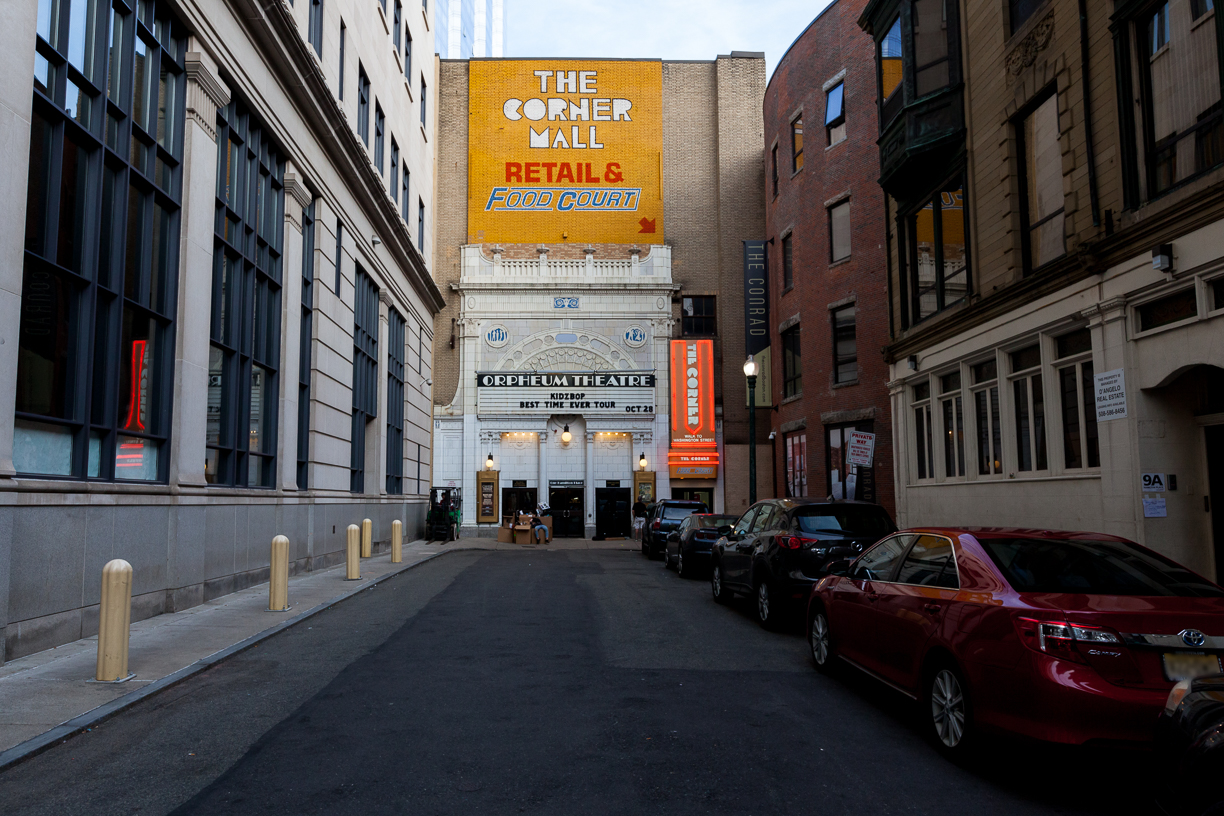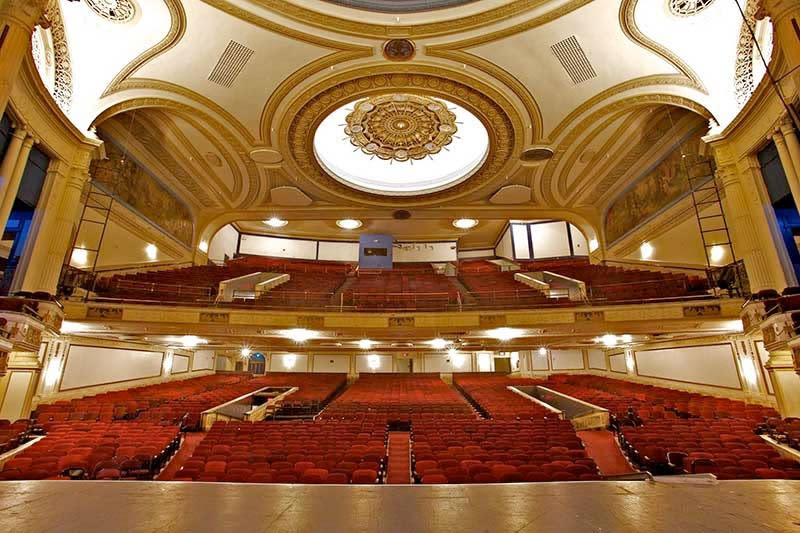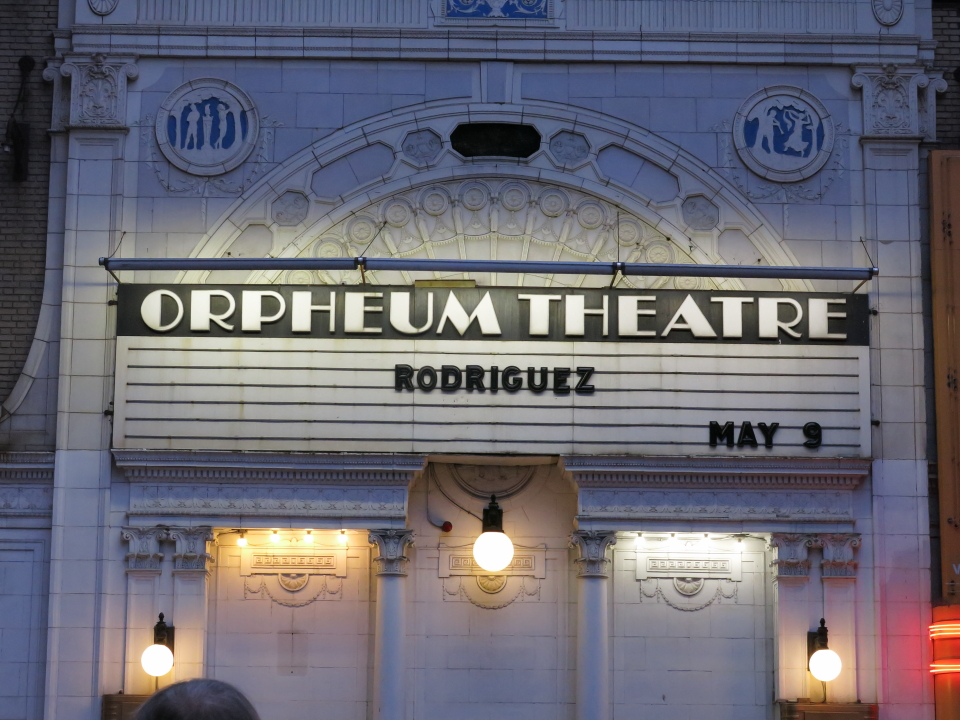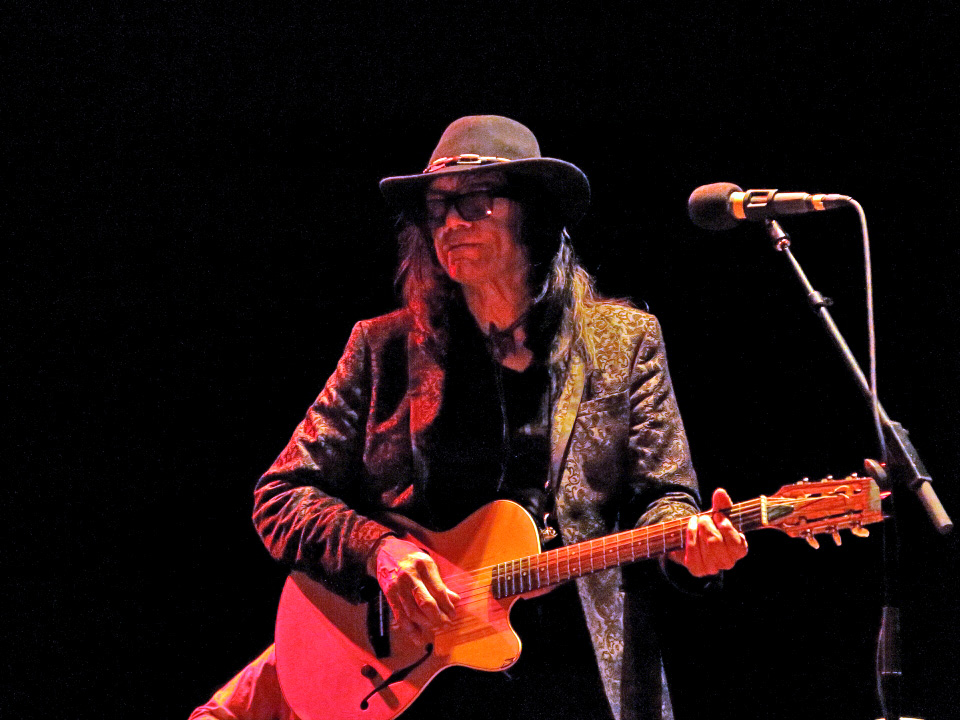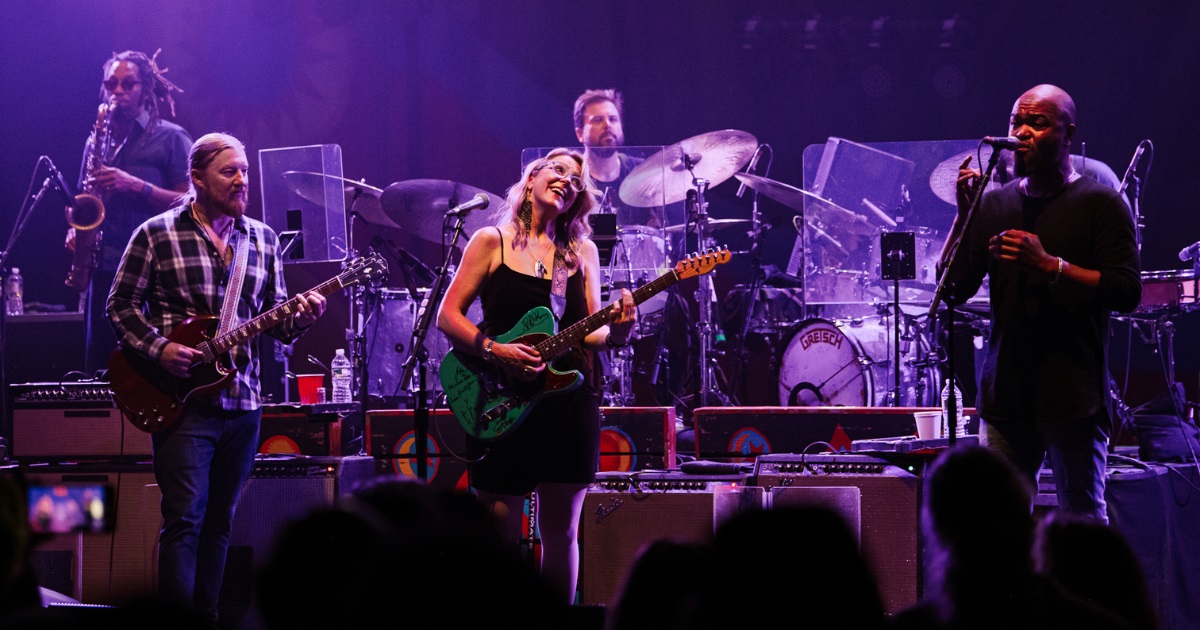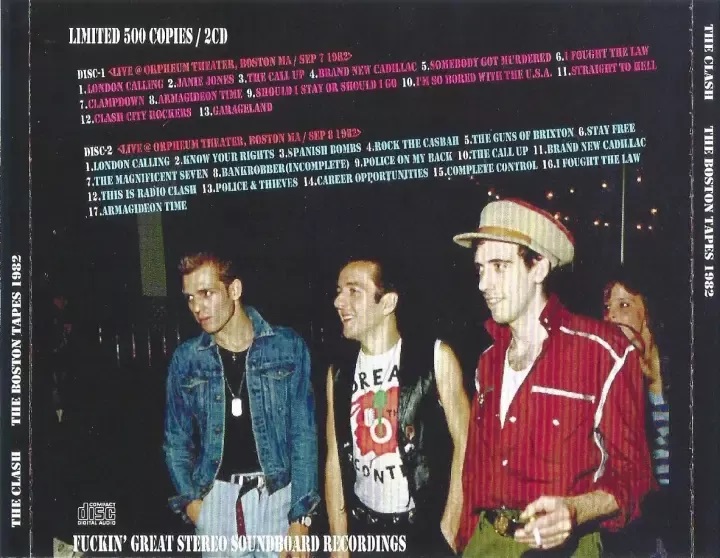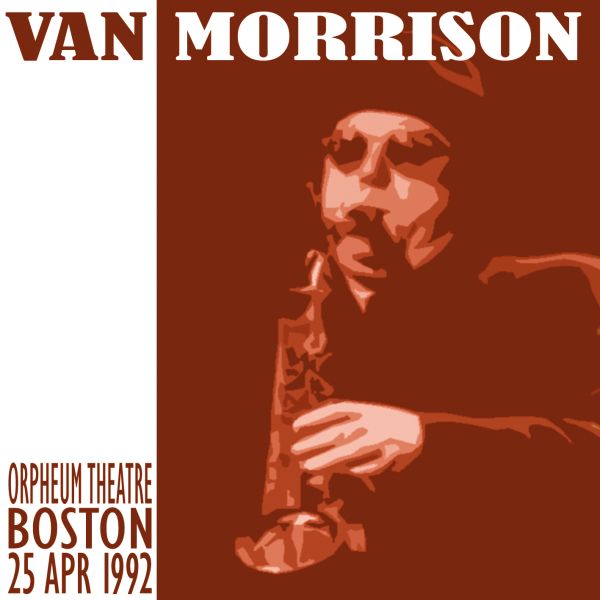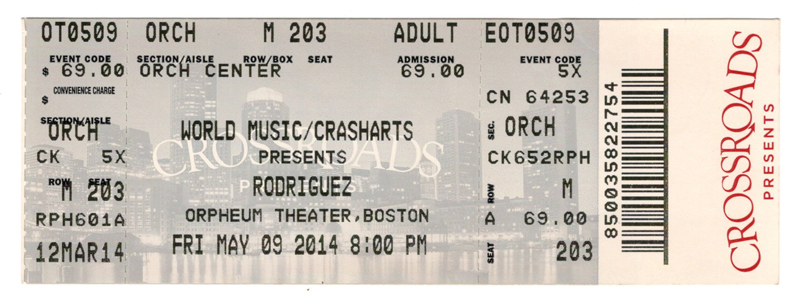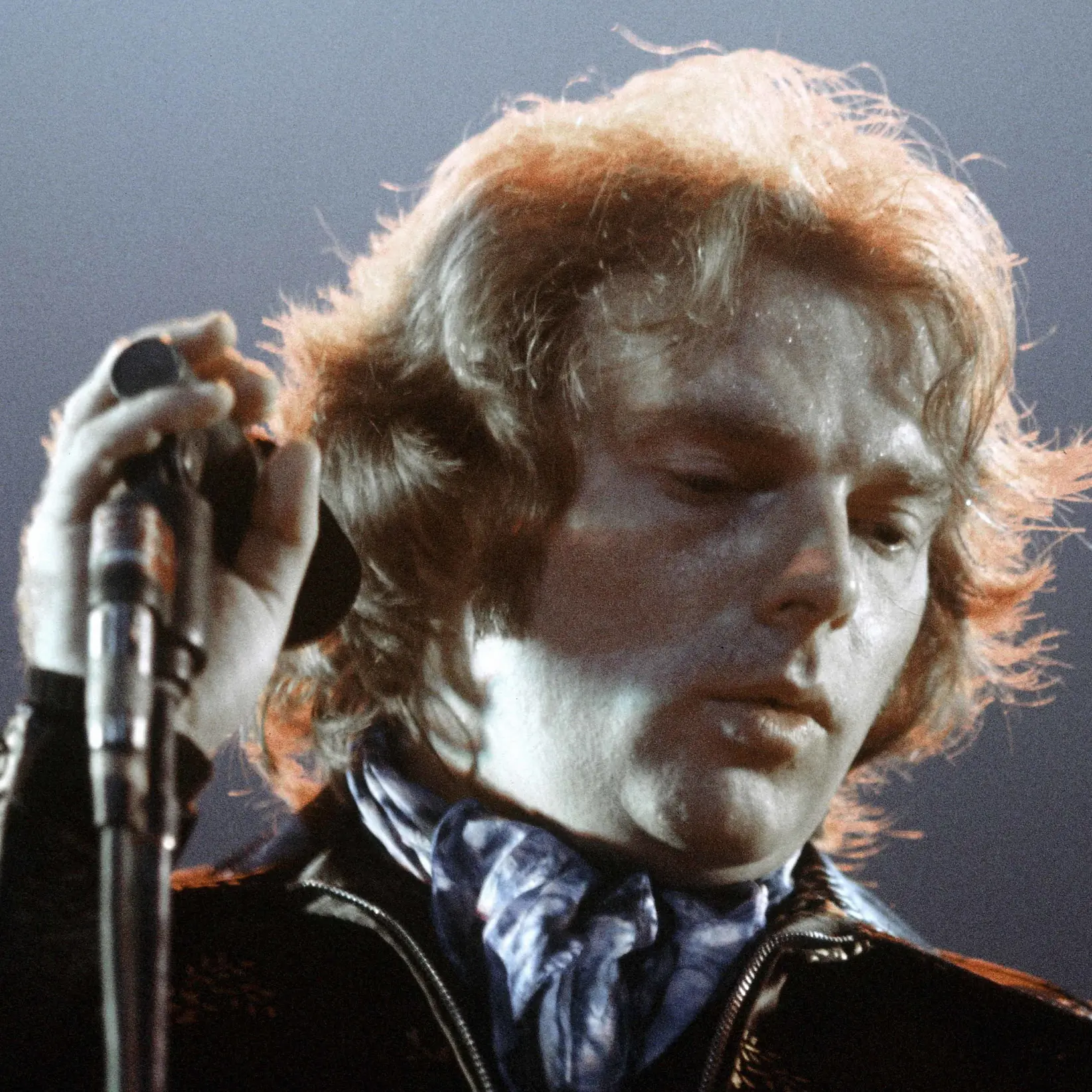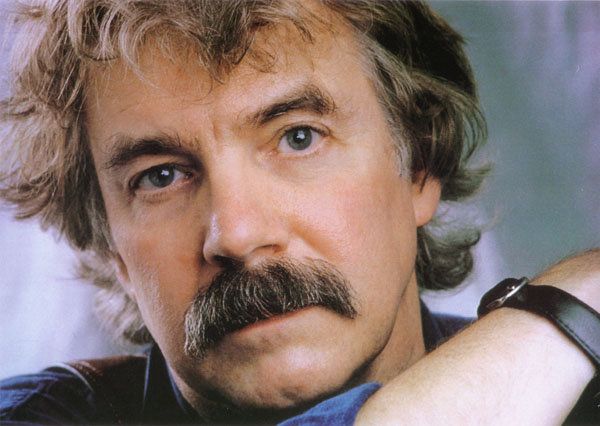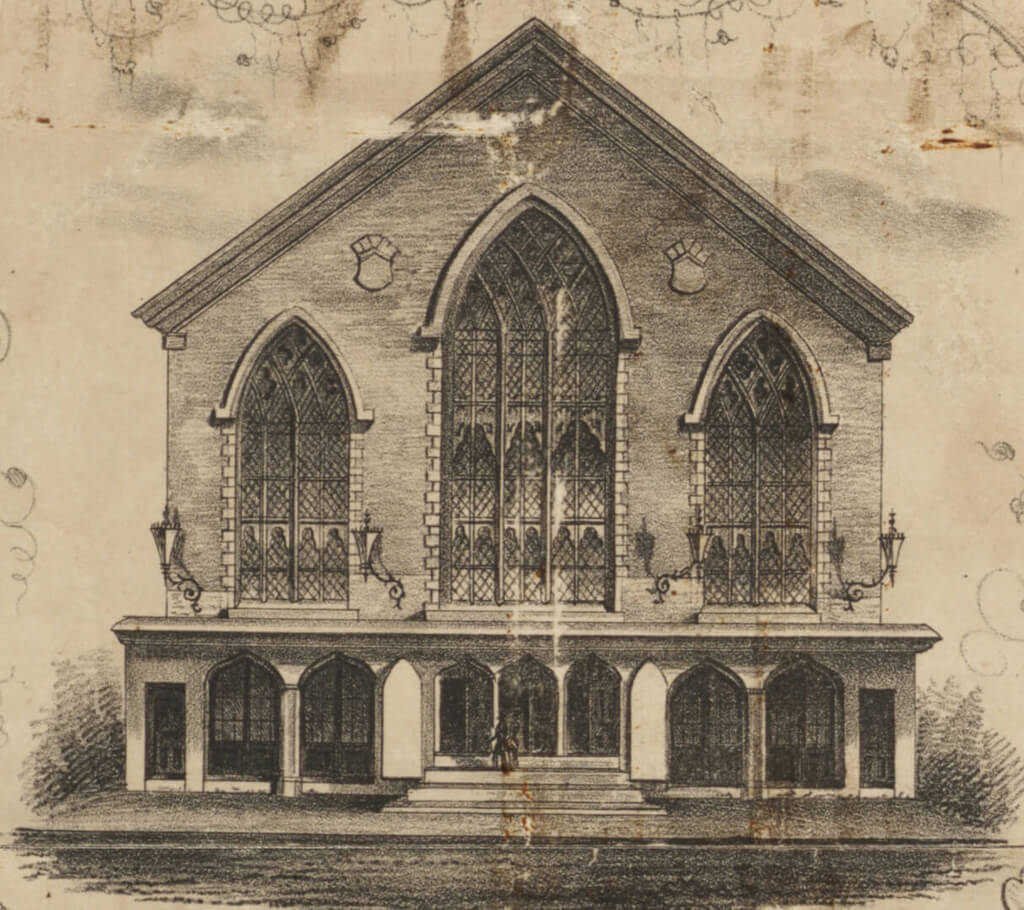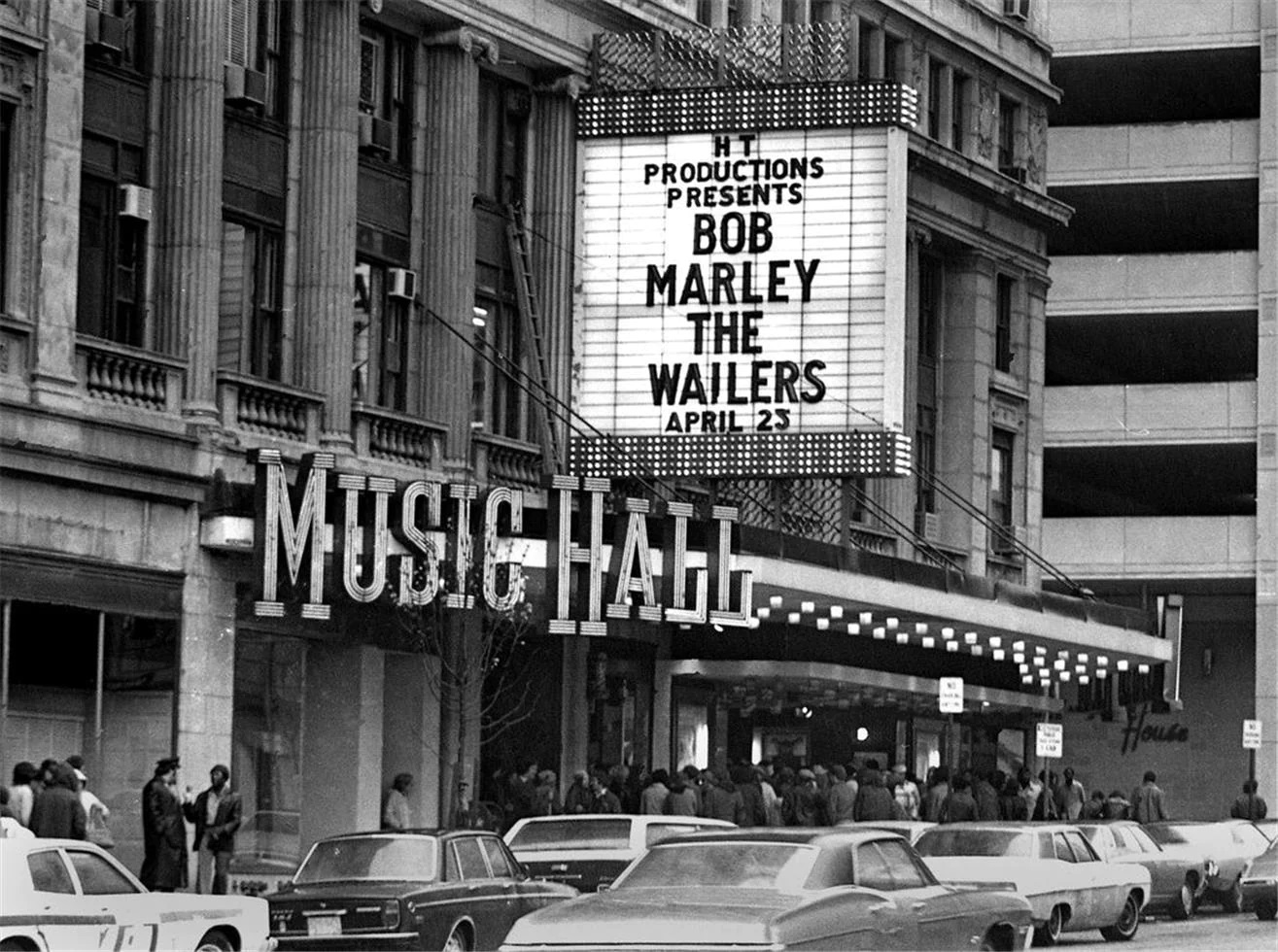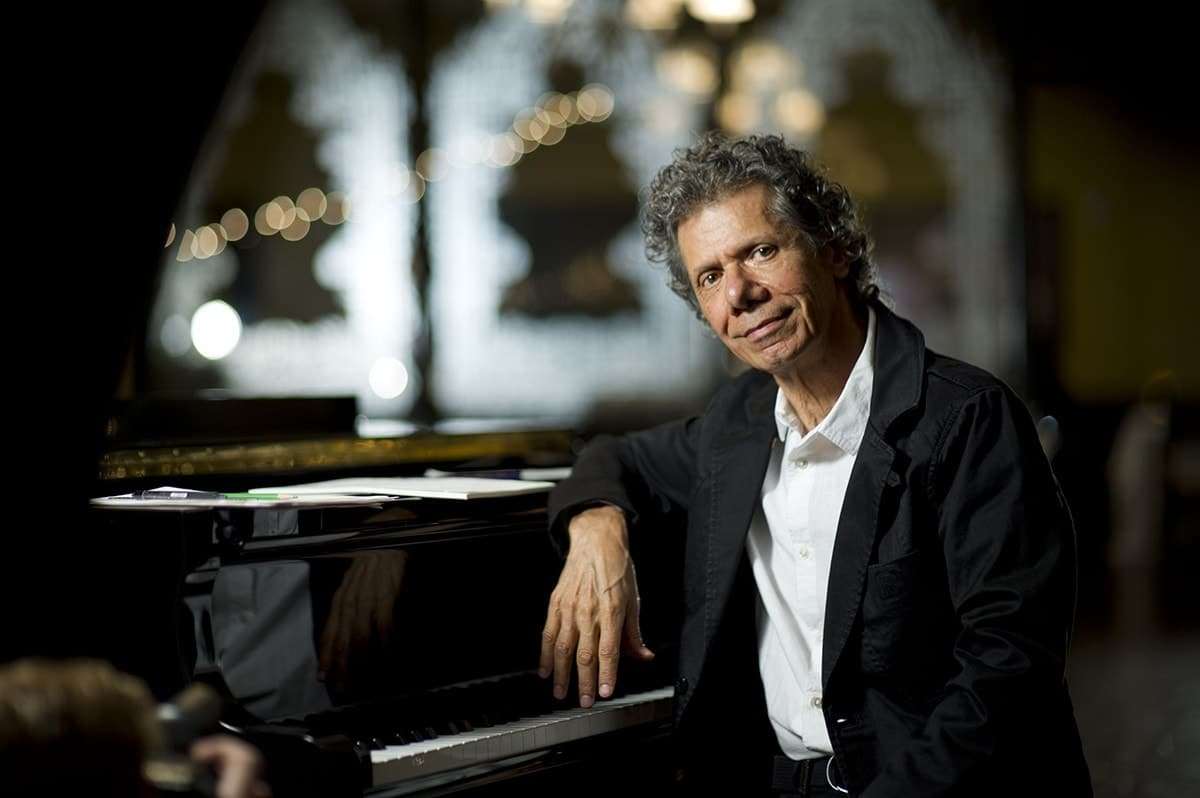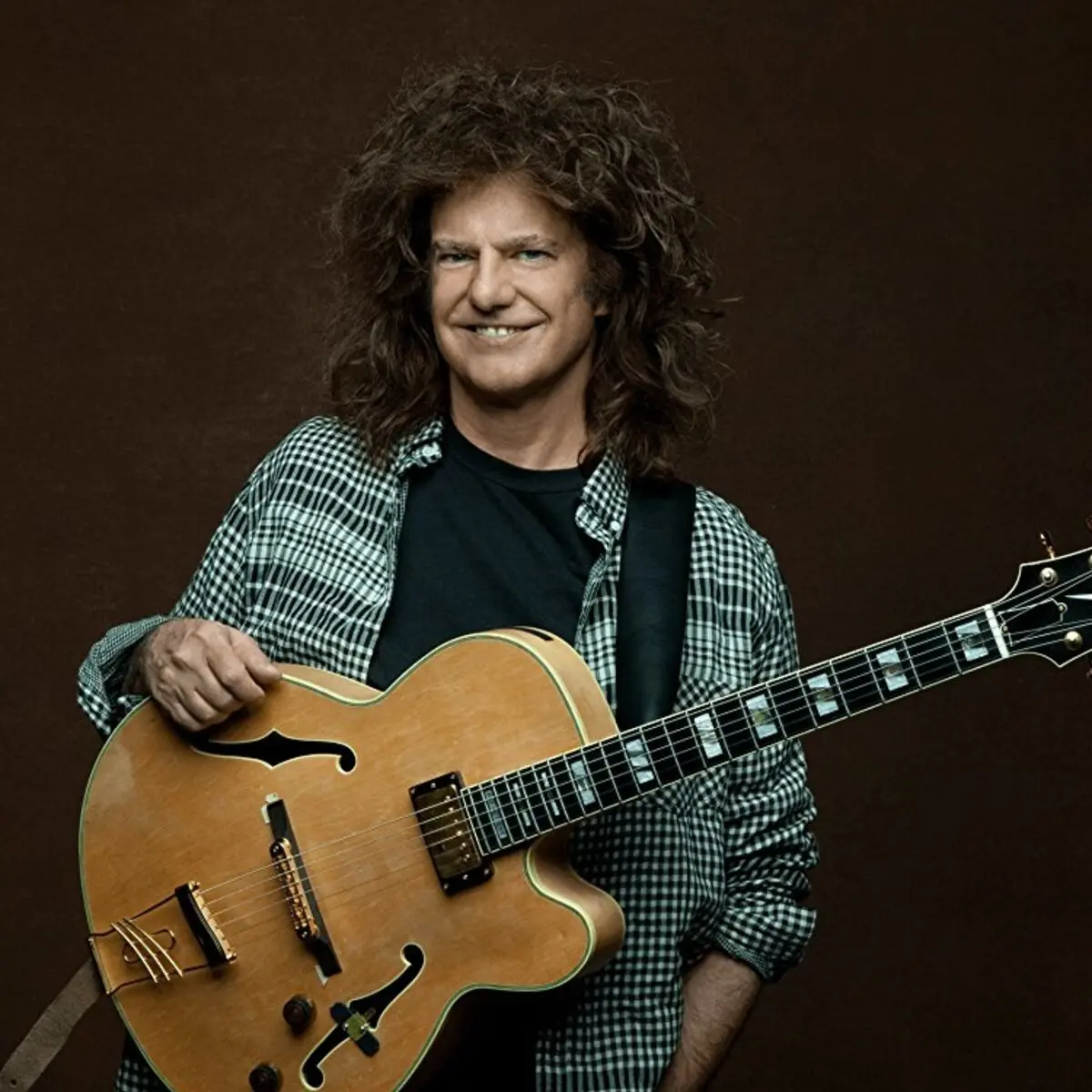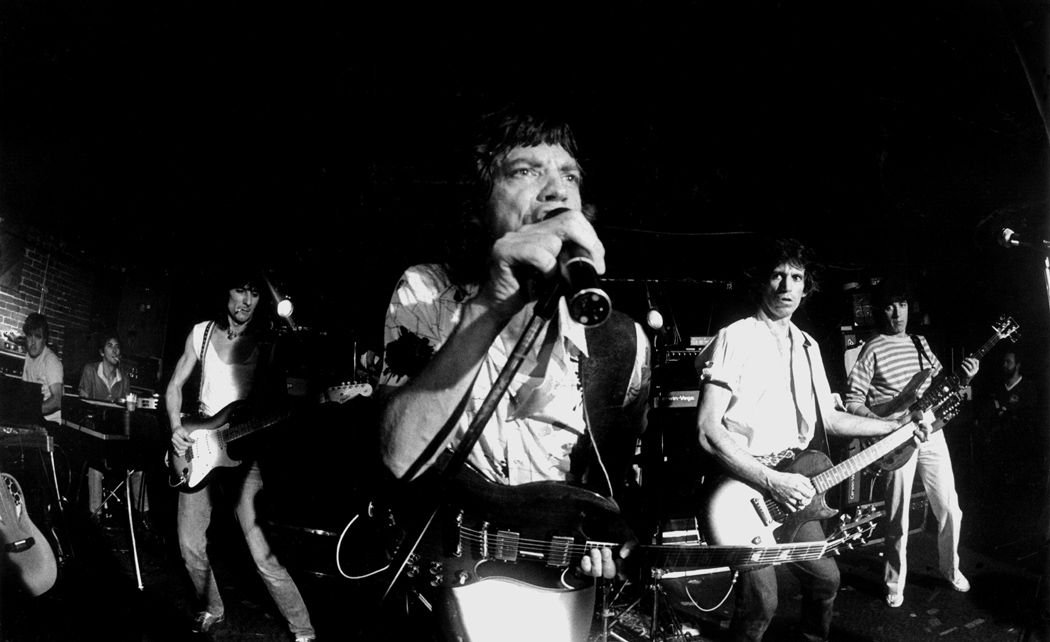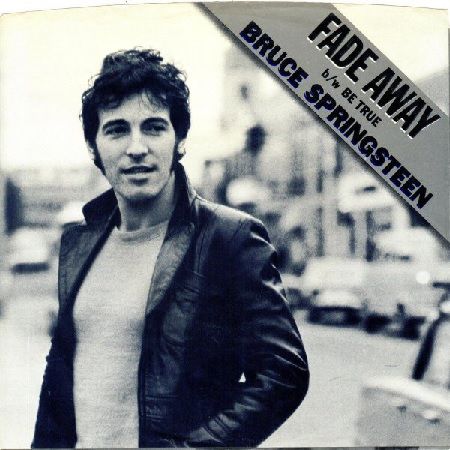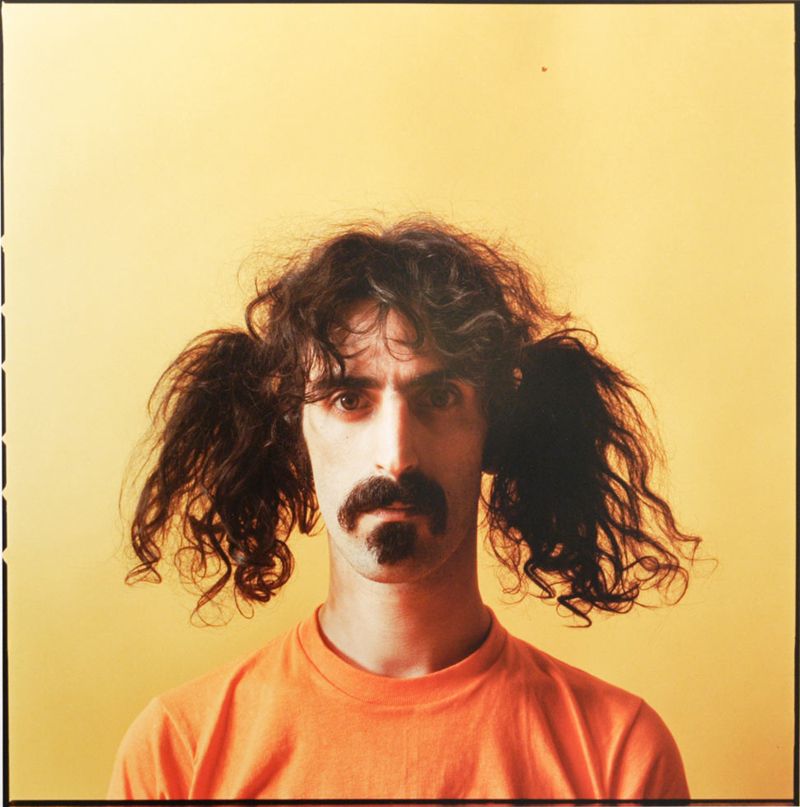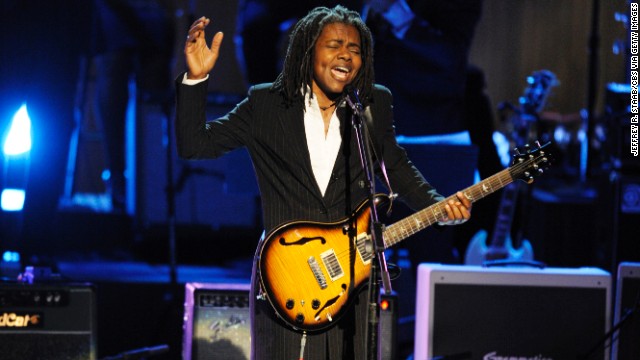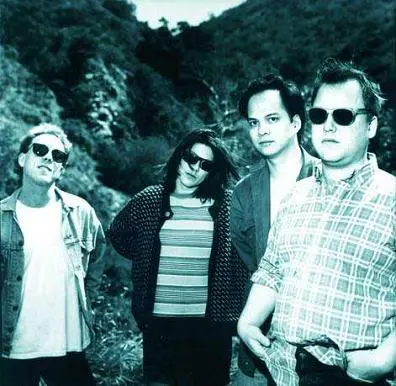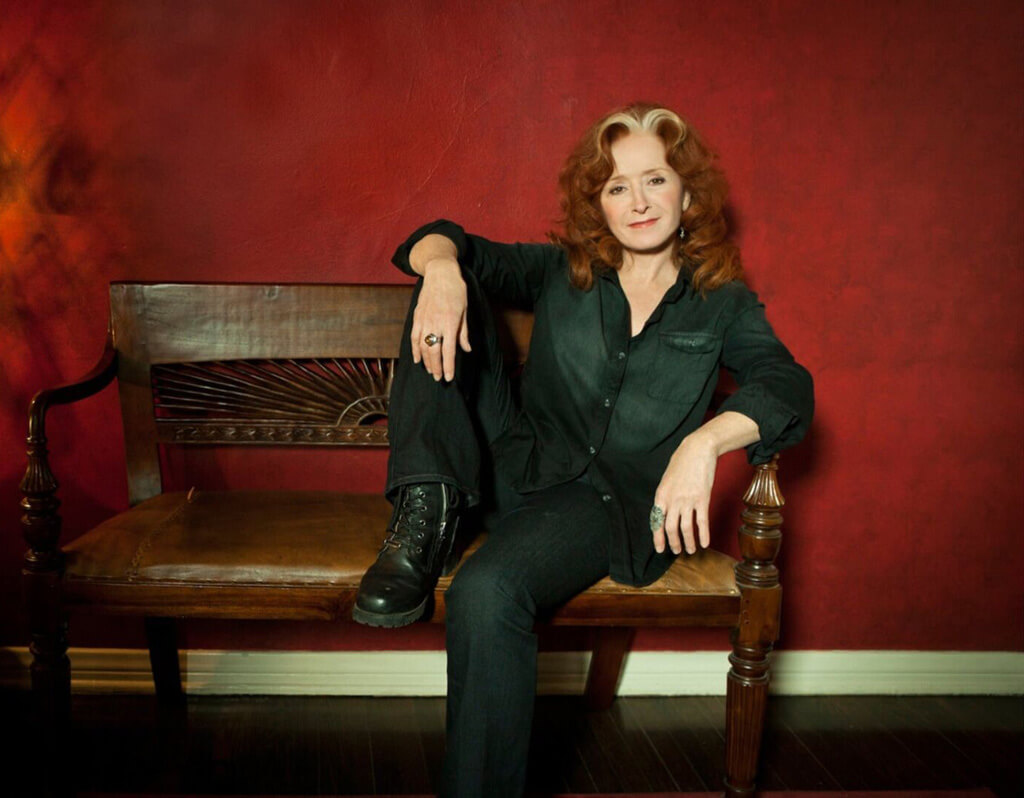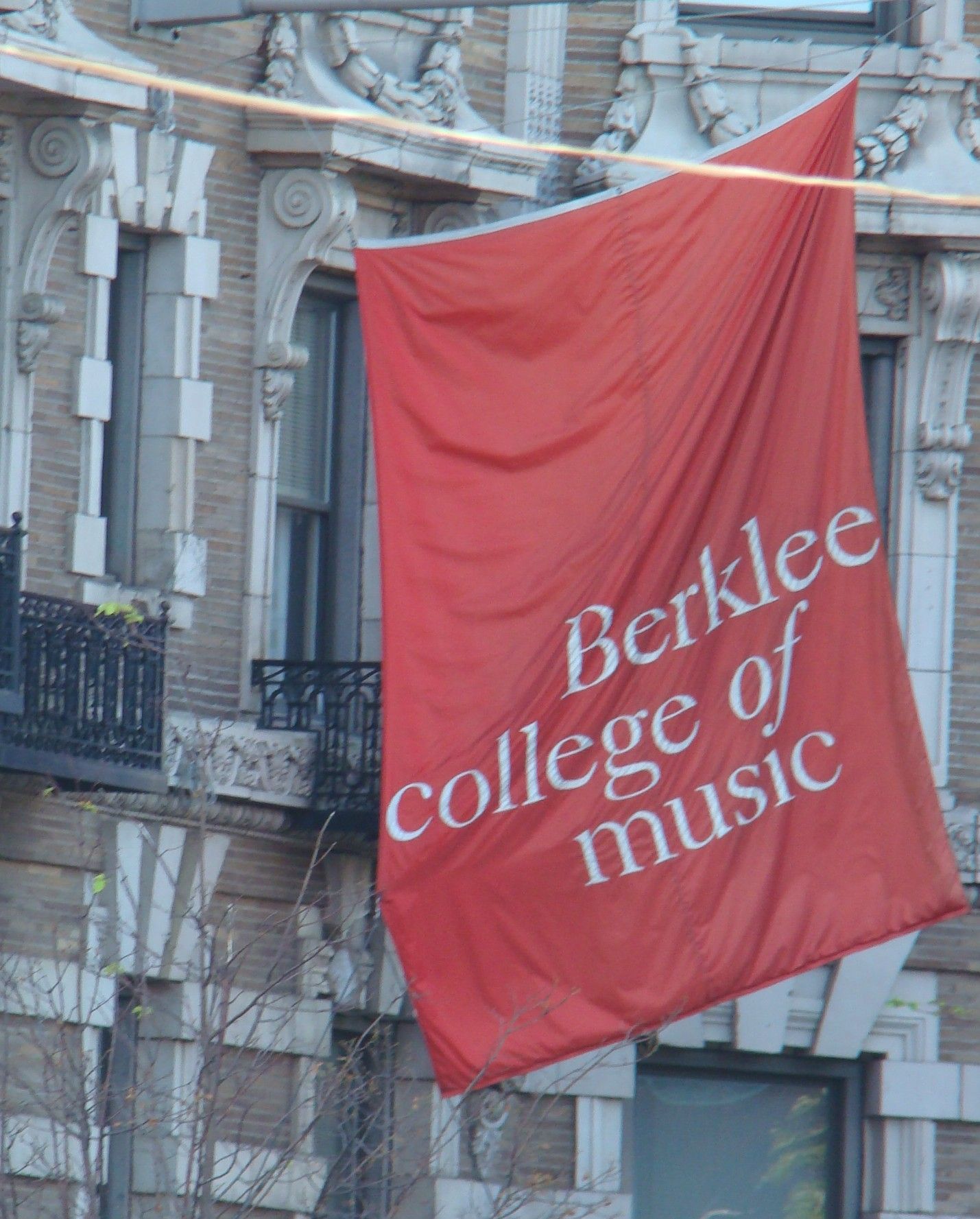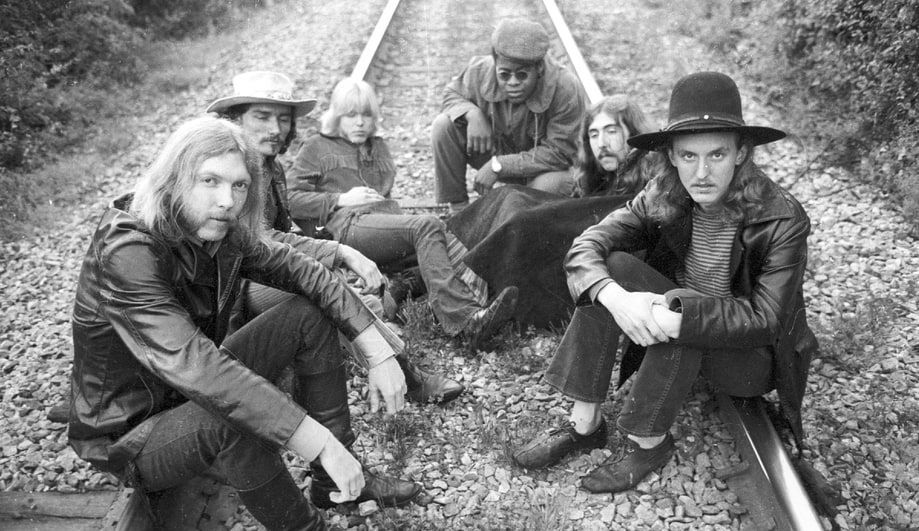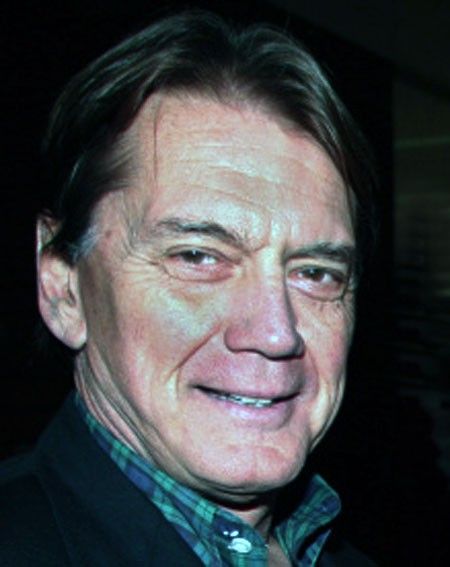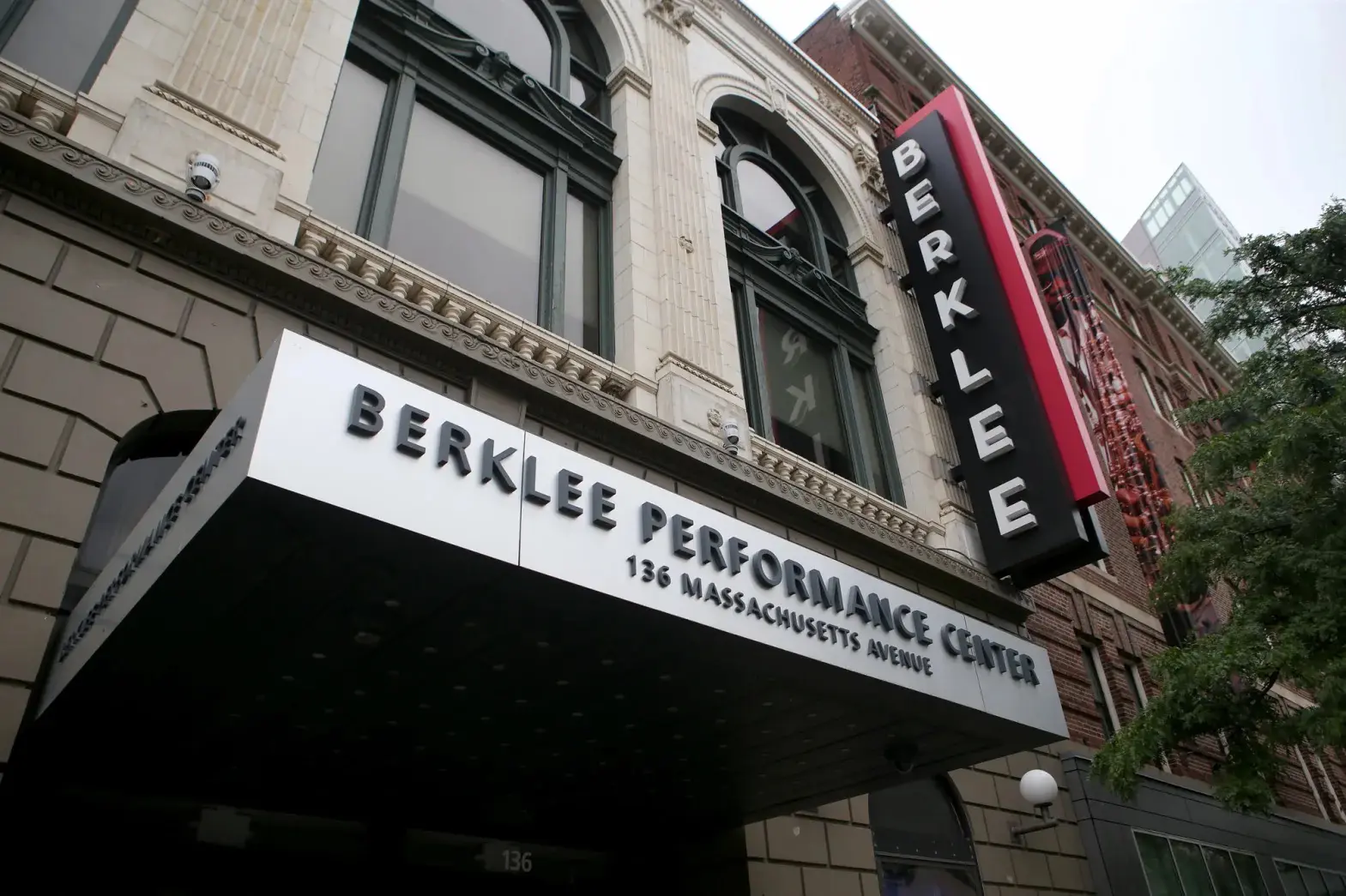Orpheum Theatre
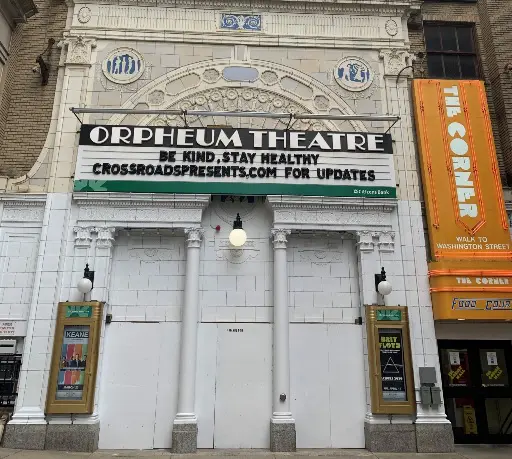
Ask any Boston-area rocker to name the most treasured mid-sized venues in the city, past or present, and the Orpheum Theatre will be at the very top of the list.
Since hosting its first rock concert in 1971 to holding 23 shows in 2019 – before Covid-19 lockdowns prevented concerts for most of 2020 and 2021 – the venue has stood as one of New England’s most venerated and historic, a rock ‘n’ roll beacon where local artists and those from far outside the region have made indelible impressions on New England’s multigenred acoustical canvas.
OVERVIEW
As of July 2022, the 2,700-seat Orpheum had hosted some 1,800 concerts in total, including the 30-odd shows held on the premises in 1971 and 1972 when it was called the Aquarius Theatre. The Bee Gees performed the debut event at the Aquarius on September 4, 1971, and in 1972 the theatre expanded its offerings substantially with appearances by Van Morrison, Fleetwood Mac, The Doobie Brothers, The J. Geils Band, Pete Seeger, T. Rex, Boz Scaggs and Traffic, among others.
In 1973, after being renamed the Orpheum Theatre – for the second time – the venue held fewer events, most of them featuring multiple acts such as Loggins & Messina and Jim Croce in March; Aerosmith, Mott the Hoople, Brownsville Station, Black Oak Arkansas and Foghat in October; Joe Walsh, Wishbone Ash and Hot Tuna in November; and Linda Ronstadt, Tom Rush and Billy Joel in December. Over the next five decades, the Orpheum hosted around 35 shows per year on average, peaking at 48 in 2005.
BOSTON MUSIC HALL, EMPIRE THEATRE, VAUDEVILLE, FILMS
Built in 1852, the Orpheum is one of the oldest theatres in the United States. It opened as Boston Music Hall, the original home of the Boston Symphony Orchestra, and became one of the city’s most celebrated vaudeville and film venues before establishing itself as a rock ‘n’ roll utopia. In 1905, after being gutted and rebuilt within its existing walls, it became the Empire Theatre – a popular vaudeville venue in direct competition with Howard Athenaeum – and in 1906 the name changed to the Orpheum Theatre (for the first time), under new owner Percy Williams.
In 1910, Williams sold the building to Marcus Loew – founder of Loew’s Theatres and the Metro-Goldwyn-Mayer (MGM) film studio – who closed the theatre for the next five years to make extensive renovations and expand the seating capacity to 2,700, where it remains today. In January 1916, Loew reopened the Orpheum as a vaudeville and film venue. After vaudeville’s popularity waned in the 1930s, he focused on film exclusively and for the next 25 years the Orpheum was one of Boston’s premier movie houses, showing first-run double features under exclusivity contracts with distributors.
AQUARIUS THEATRE, RETURN TO “ORPHEUM THEATRE”
From 1965 to 1970, though, as movie theatres became increasingly ubiquitous in the suburbs and film distributors nixed the Orpheum’s exclusivity agreements in response, the theatre struggled to stay afloat. In January 1971, Loew sold the property to entrepreneur Arthur Scott, who envisioned popular music as the future of the venue and changed the name to the Aquarius Theatre. In May 1971, the Aquarius opened and featured live acts for the first time in nearly 40 years at the Orpheum’s 1 Hamilton Place location.
By 1973, when Scott changed the name back to the Orpheum Theatre, the venue had hosted an impressive range of top-tier rock and pop acts, and from 1975 to 1979 it also was home to the Opera Company of Boston (which moved to the Boston Opera House in 1980). Since then, the Orpheum has been used primarily for rock and pop shows, with most jazz and jazz-fusion acts opting to play at the Berklee Performance Center or Wang Theatre (now Wang Theatre at Boch Center), although there have been exceptions such as jazz-fusion megastars Chick Corea and Pat Metheny playing the Orpheum in 1977 and 2010 respectively.
NOTABLE APPEARANCES
The list of acts that have played the Orpheum is a who’s who of popular music over the past 60 years. Among the laundry list of legendary names are Bob Dylan, The Rolling Stones, Queen, David Bowie, Steely Dan, Frank Zappa, Paul Simon, Jackson Browne, Thin Lizzy, Roxy Music, Brian Wilson, the Steve Miller Band, Joe Jackson, Graham Parker, Bruce Springsteen, Lynyrd Skynyrd, Willie Nelson, Alice Cooper, KISS, the Jerry Garcia Band, Bob Seger, Little Feat, Black Sabbath, Jethro Tull, Patti Smith, Styx, Cheap Trick, Supertramp, the Ramones, Bon Jovi, Talking Heads, Journey, Van Halen, Squeeze, Dire Straits, ZZ Top, AC/DC, Hall & Oates, Tom Petty, Iggy Pop, INXS, Sheryl Crow, Tom Waits, The Pogues, Richard Thompson, Keith Richards, Elvis Costello, Sting, New Order, Emmylou Harris, Kansas, The Cure, Mötley Crüe, Soundgarden, Warren Zevon and The Clash.
Along with other New England-rooted artists who’ve appeared at the Aquarius and/or the Orpheum – Van Morrison (1972), The J. Geils Band (1972, 1977, 1999), Aerosmith (1973, 1984, 1985), Tracy Chapman (1985), Pixies (1990), and Bonnie Raitt (2016) – Norwell, Massachusetts, native and Berklee College of Music graduate Susan Tedeschi played multi-date holiday-season shows between 2016 and 2022 with the Tedeschi Trucks Band, a scintillating 12-piece widely hailed as one of the hottest live acts in North America.
NOTABLE LIVE RECORDINGS, CURRENT OWNERSHIP
Several Orpheum shows have been recorded for albums and broadcasts, including the first half of The Police’s 1995 double album Live!, recorded at the venue on November 17, 1979, U2’s fabled May 6, 1983 show, recorded for The King Biscuit Flower Hour and broadcast on WBCN, and a rousing 1992 gig by the Allman Brothers which was part of their live LP An Evening with the Allman Brothers, the cover photo of which was taken in front of the venue’s iconic marquee.
The current owner of the Orpheum is the Boston-based real-estate development company Drucker Company Ltd. In 2009, renowned concert promoter Don Law acquired rights to operate the venue through his company Crossroads Presents and closed the theatre briefly for major renovations. It reopened later that year.
(by D.S. Monahan)


